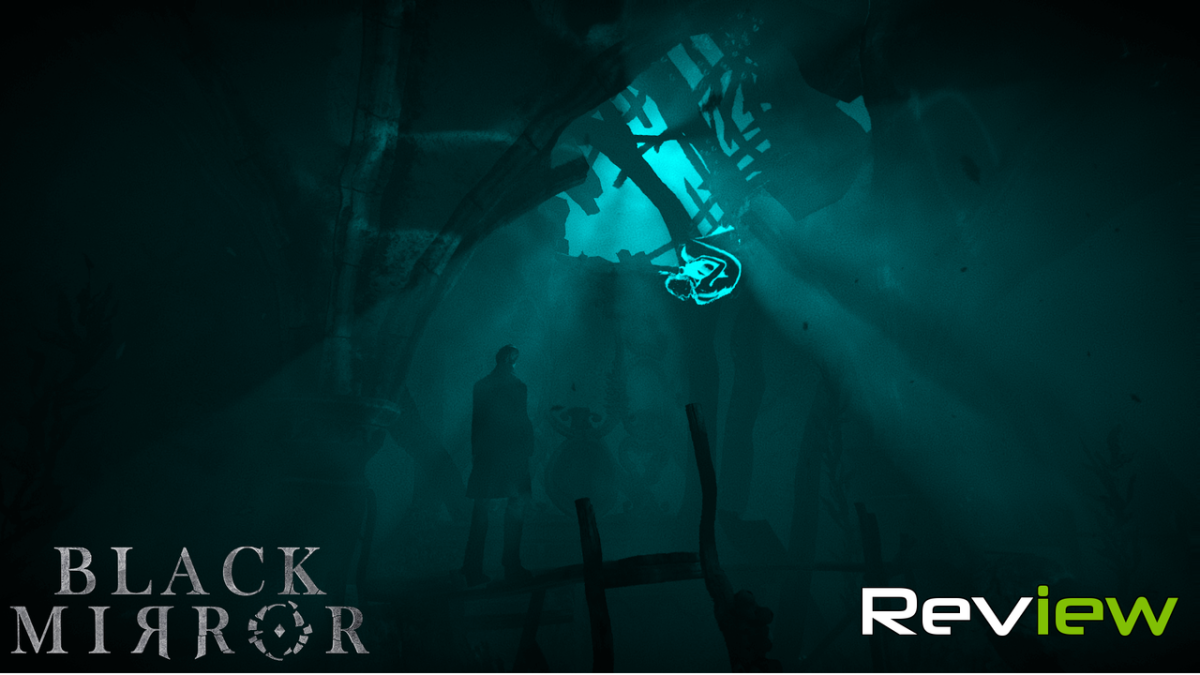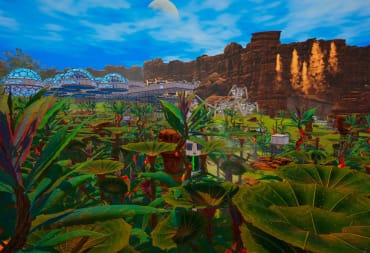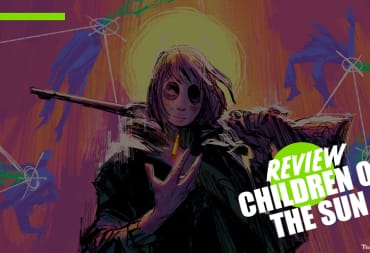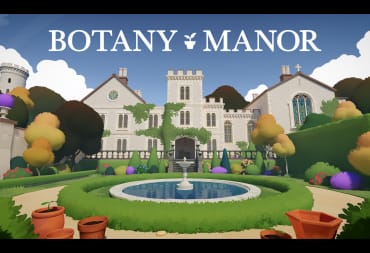Much like any other genre, adventure gaming has its fair share of cult classics. These are games that didn’t quite achieve the status of a LucasArts or Sierra instant hit, or may not have been critically acclaimed, but they're loved and have their place in history nonetheless. 2003’s The Black Mirror is one such game. Developed by Czech studio Future Games, it was popular enough to spawn two sequels by different developers and THQ Nordic announced they were rebooting the series with a new Black Mirror game developed by KING Art earlier this year.
I went into this game blind, never having played the original. My only knowledge of the plot of the 2003 game was that it was like King Lear in that everyone ended up either dead or stark raving mad. Seeing as the developers decided to make Black Mirror as a reboot of the series rather than a remake of the original, I was expecting a suitably macabre story to match the original's tone and was undeterred by my lack of experience with the franchise. I love a good Gothic horror game and was eager to soldier on with the experience.
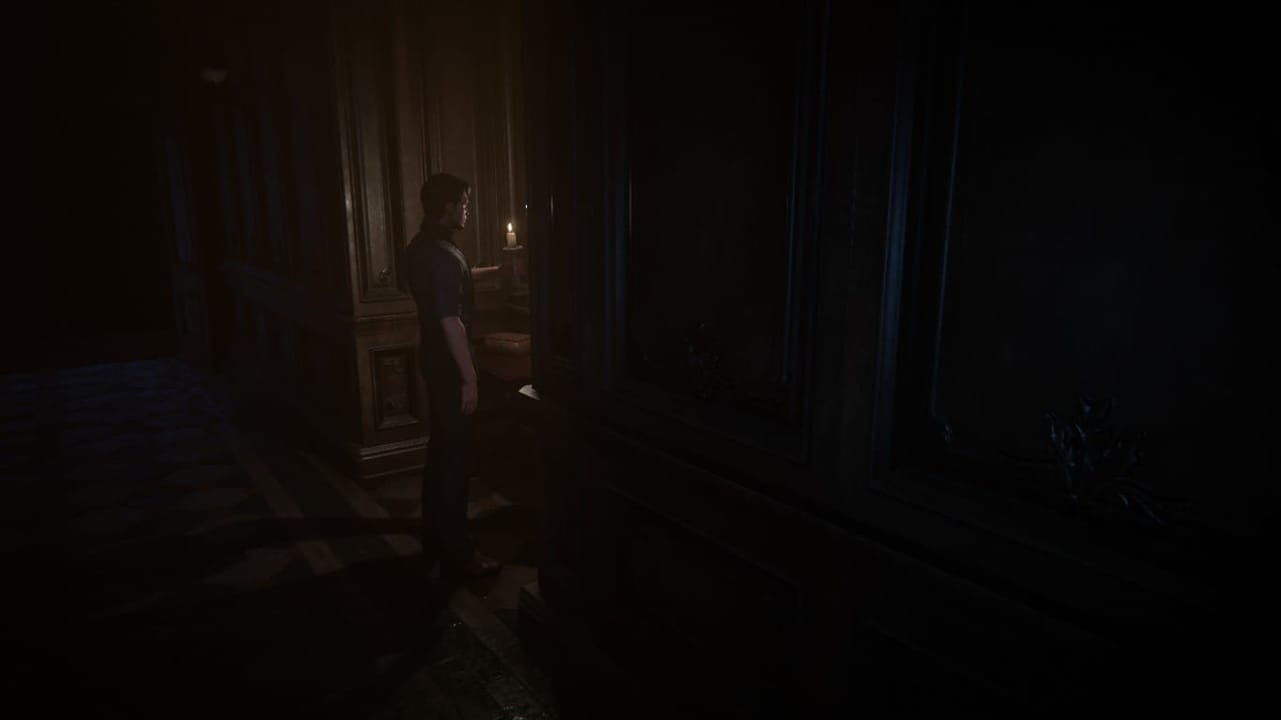
The plot starts with an as of yet unidentified man being chased through the dark of the Scottish countryside by a torch and pitchfork mob intent on skewering him. Nice, brisk, it starts things off with a sense of urgency and an interesting hook. The man reaches a circle of druidic ruins, cuts his hand and writes on a stone in blood, then eats a bit of paper and lights himself on fire. Okay, I’m intrigued. No idea what he wrote, why he lit himself on fire or anything like that. The game then cuts forward to the deceased man’s son and our protagonist, David Gordon, reading letters and reminiscing on a coach ride to the Gordon family’s ancestral Scottish castle. A legal snag prevents him from claiming anything without personally visiting the estate, so he has up and trotted off to Scotland from India where he was raised.
The opening sequence of David’s father running from the mob gives players a feel for how the controls work. They come across as poorly implemented, but the real horror doesn’t come until David stretches his legs at the manor. Despite being ostensibly designed for both PC and console players, the keyboard and mouse controls are difficult and awkward, and switching to a controller doesn’t make them much better. David walks like a drunken sailor half the time through no fault of my own, as the game seems to actively resist walking in a straight line. It's also difficult to get David in the right position to examine or pick up items and even trying to rotate him in place becomes a tedious effort.
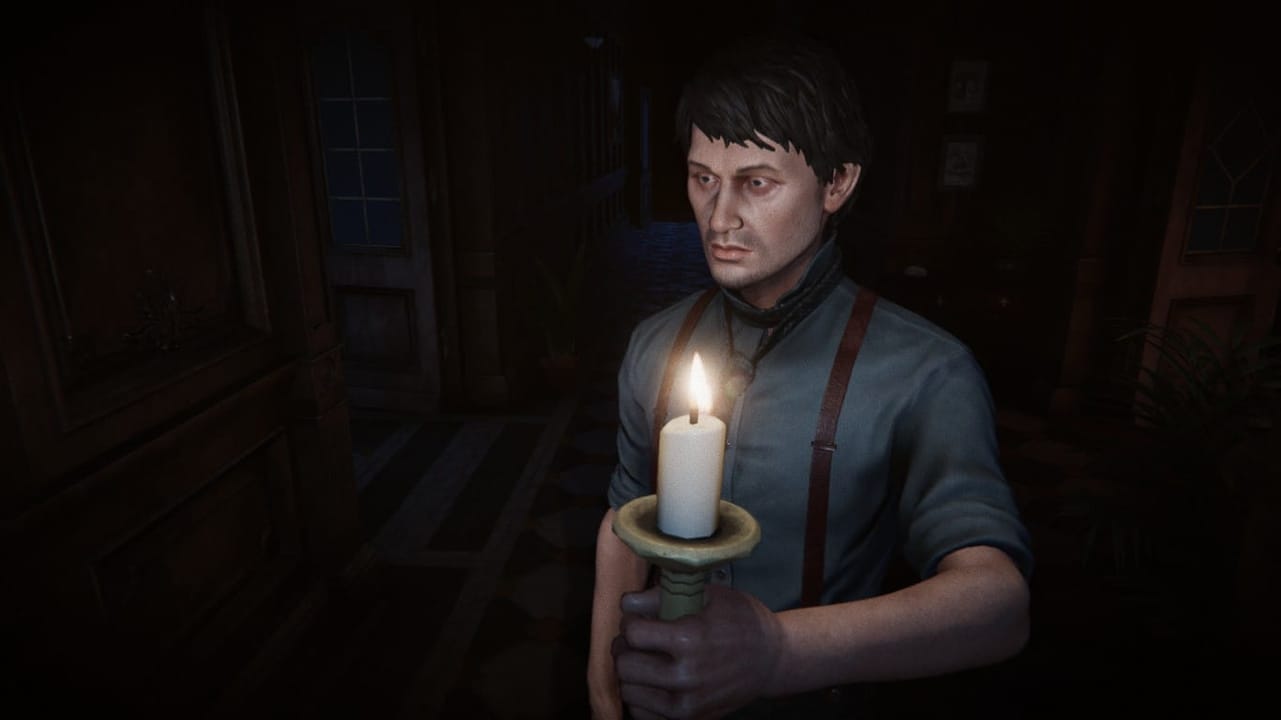
The next scene of David in the carriage gives you a feel for how the camera works and your interaction with your surroundings. Again, not so great. Your range of adjustable camera motion is limited and no matter where you pan or tilt, it snaps back as soon as you take your finger off the button. Once at the castle, the camera will sometimes follow David and sometimes stay at a fixed point in a location. The fixed camera angles also change constantly. As David explores one room, it might jump to four or five different, fixed angles, which lead to me leading David up and down the same flight of stairs three times in a row as what was forward was suddenly now backward and my thumb was still on the controller. The poor camera angles also lead to numerous occasions where David and the other characters go “Look at this!” and you go “What? Where? I can’t see it.”
Once you finally arrive at the castle, the plot ramps up and then falls spectacularly to pieces via shockingly poor writing and characters. Not one of the handful of inhabitants of the castle is particularly friendly to David. You'd think they'd be polite at the very least considering he’s family. Instead, everyone is brooding, moody, one-dimensional and very reluctant to talk. About anything. You don’t have the dialogue options to get to know people, nor is it hinted that David ever speaks to them about, well, anything really. He’s first introduced to his grandmother, Lady Margaret, the butler Angus and lawyer Andrew Harrison. Other characters come into the fold later, Ailsa the maid, Rory the blind gardener and the old psychiatrist of David's father John. Everyone has some sort of dark and mysterious past revealed over the course of the game that apparently controls every aspect of their day to day interactions with people. However, no one is ever presented with great reasons for doing things, and the writers use a very generic excuse to continually handwave away any motivations.
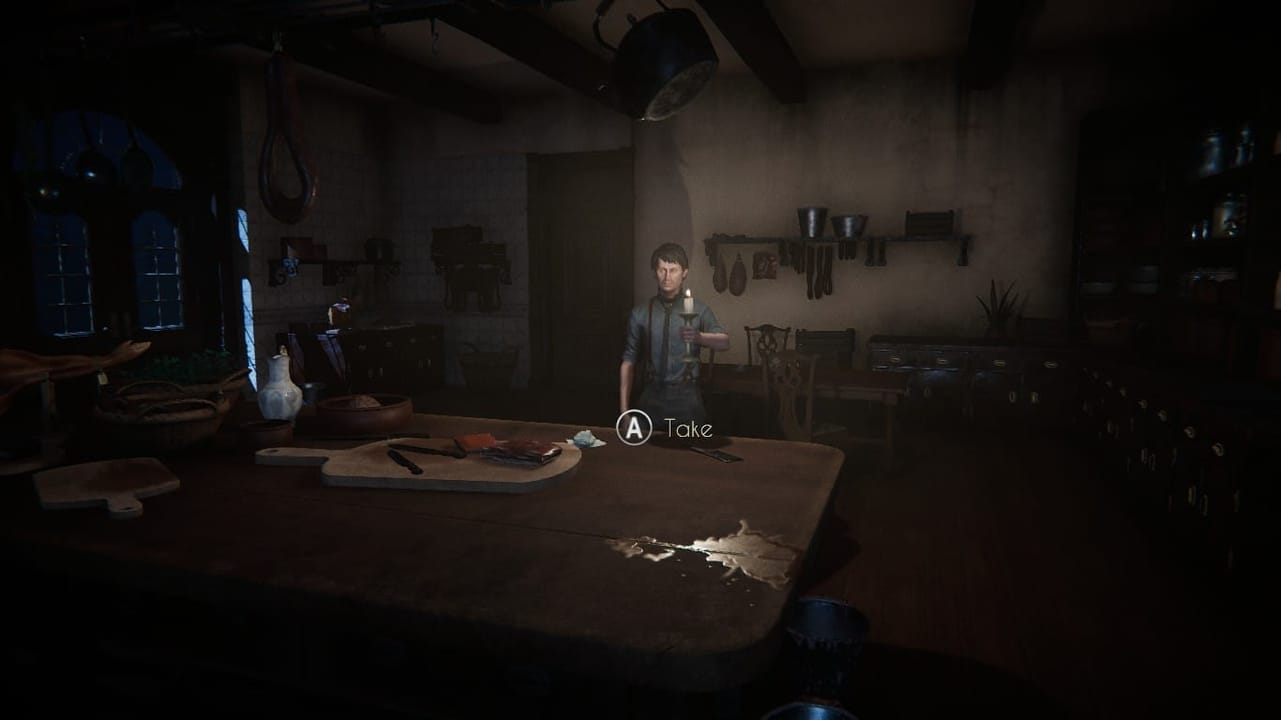
The scene when David is welcomed to the castle is the point in Black Mirror where it becomes readily apparent that facial animations aren't even vaguely synced with the dialogue. Adding to this, everyone has cold dead eyes that add to the creepy atmosphere of the game in a way that seems wholly unintentional. The voice acting is probably the best thing in the game, but that impact is hampered by faces that consistently fail to emote. There are also several scenes where you hear dialogue and then see a characters' delayed reaction, completely taking away from the gravity of it.
The basic plot of the game is that there is something wrong with the Gordon clan’s ancestral manor, also known as Sgathan Dubh House which translates as Black Mirror House. Which is still an odd name for a castle, despite what Lady Margaret would have you believe in all of her pretentious derision. One of the problems with the plot is that David continually seems to know things from his past that he’s never bothered to explain to the players, such as the fact that his Aunt Cecilia was his father’s older sister and died when she was fairly young. Of course, you’re able to figure it out yourself, but only after a few minutes of sitting there going “Hang about, he keeps calling her Aunt Cecilia like he knows her, but she’s dead. When did she die then?” At points, David also seems to magically put plot points together and explain them out loud for the clarity of the players. Which is useful, because if he didn't, I wouldn't have understood a thing that was happening.
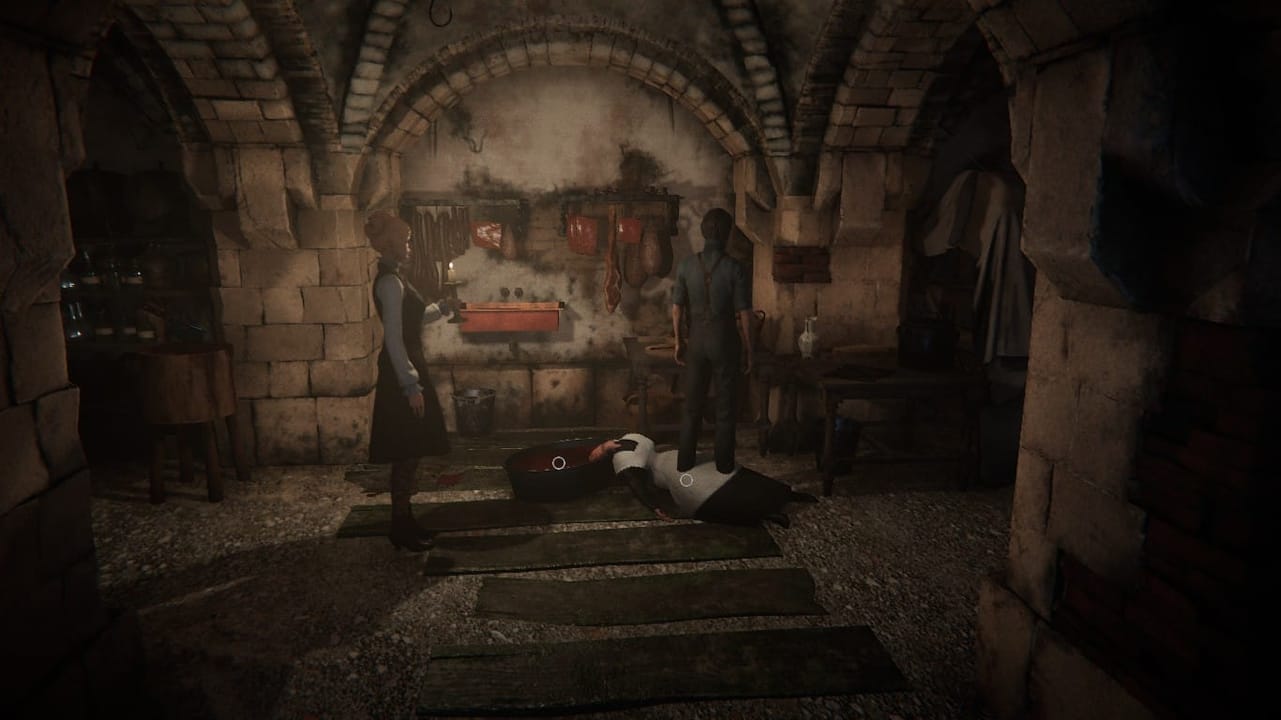
The basic plot of the game is that there is something wrong in the Gordon’s ancestral manor, also known as Sgathan Dubh House which translates as Black Mirror House. Which is still an odd name for a castle, despite what Lady Margaret would have you believe in all of her pretentious derision. One of the problems with the plot is that David continually seems to know things from his past that he’s never bothered to explain to the players, such as the fact that his Aunt Cecilia was his father’s older sister and died when she was fairly young. Of course, you’re able to figure it out yourself, but only after a few minutes of sitting there going “Hang about, he keeps calling her Aunt Cecilia like he knows her, but she’s dead. When did she die then?” At points, David also seems to magically put plot points together and explain them out loud for the clarity of the players. Which is useful, because if he didn't, I wouldn't have understood a thing that was happening.
Though there is clearly something wrong at the house, it’s not explained why David doesn’t high-tail it out of there like a skittish gerbil, particularly as he doesn’t seem at all eager for the inheritance, nor is he emotionally attached to his estranged dead father. He also doesn’t come across like the Hardy Boys “leave no mystery unsolved” type either. Considering that Black Mirror is purportedly inspired by the likes of genre masters Edgar Allan Poe and HP Lovecraft, the conclusion falls flat on its face in the last act and deviates completely from anything resembling Lovecraftian horror.
The forced linear playthrough is also tedious. Black Mirror invents reasons to leave the protagonist in the dark – and believe me, the lighting is dreadful – with flimsy excuses like having to speak to the maid before going outside or brushing off the attic as an unnecessary destination. David is also wary of taking a master key for the mansion and instead prefer to go around and pick locks. Terrific. Because picking locks when you can’t see anything properly is always great fun. The game also falls victim to deceptive architecture. The castle and indeed the scale model we see of it frequently are much bigger than what can actually be explored. There are several rooms and a corridor that you cannot explore or lead to nothing. While I realize this helps give the illusion that the castle is indeed bigger on the inside, it's also disappointing to be faced with purely aesthetic doors, particularly in an adventure game.
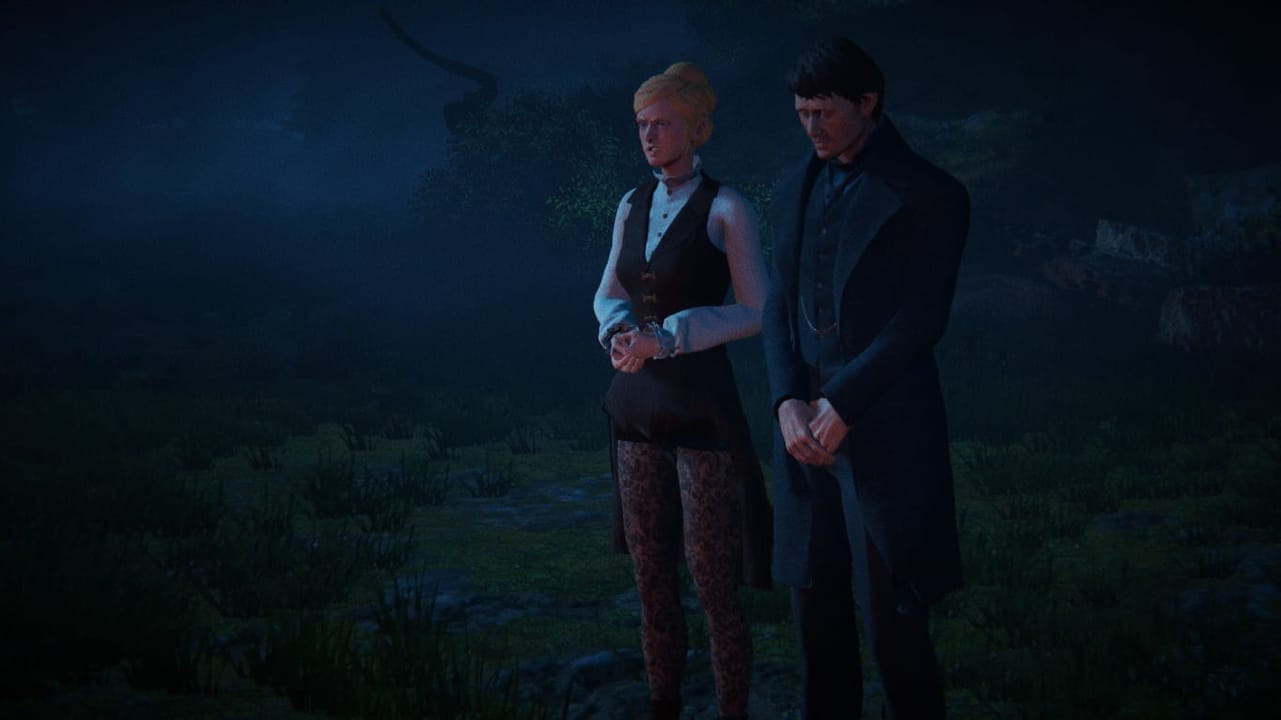
The only dialogue options you have are limited to those relevant to the plot, though there is a little off-topic asking of how long people have worked for the family. Everyone seems to be acting mysterious and rude for the sake of just being mysterious and rude. While I understand that you can’t just have unlimited dialogue options and in-depth getting to know you sessions, there are a few unobtrusive ways to try to at least get more than one sentence responses from some of the characters. “What do you like to do around the mansion?” “What’s your specialty in law?” “Are there good hunting spots around here?” If the writing was more clever, it could also work in plot points to some of the subtler lines of dialogue.
The most novel feature Black Mirror has is its vision sequences, when the room gets cold and drafty and David appears to go into a trance of some sort and sees and hears visions of the past, much like his predecessors allegedly did. Okay, that’s interesting, could be a way to get more information and… what do you mean, if you don’t click the buttons on time for no apparent reason the ghosts turn into vampires and go for the jugular? I had to run through certain vision scenes about 25 times because if you're not standing in precisely the right spot, the prompt totally vanishes. Half the marks end up moving around the screen through the course of the vision anyway, so even if you're looking at the object, if the game doesn't think you're precise enough, no dice. I also had to look up a video walkthrough for one particular sequence where it turned out I was walking away from the vision in what the game deemed to be the incorrect direction, resulting in David's death. That's right, you can't just walk away, you have to walk thattaway. How are visions even killing David like this? Migraines or head exploding pain, sure, but uh, last I checked that didn’t result in your neck being torn out. Good luck finding an explanation for this in-game.
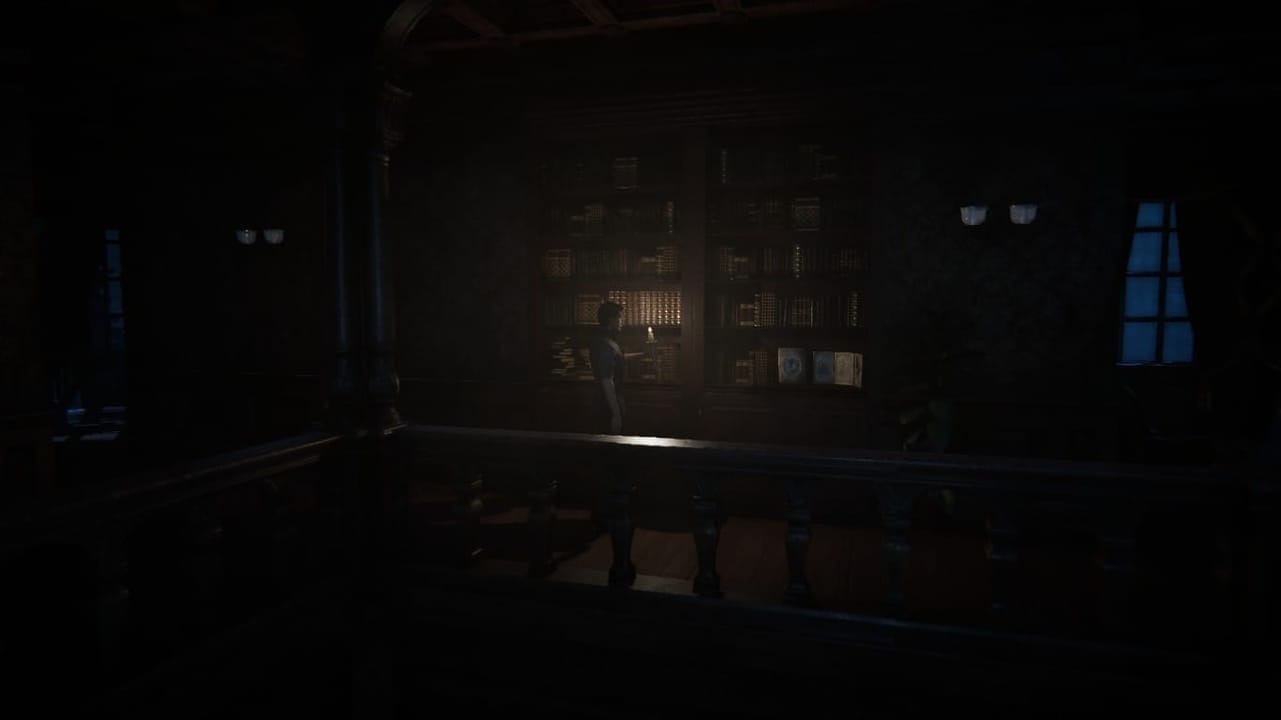
In addition to the poor controls and confusing camera angles, Black Mirror is also plagued by a host of technical issues. There is much clipping throughout the game and David walks partly through many an object he should not be able to, while at the same time is unable to go around or through several areas that should be clear. The loading times are excruciating and nearly constant, you have to sit through a 30-second loading screen to even get to the main menu. If this were a graphically intensive game that would be understandable, but for a game with decent backgrounds that are mostly shadows and people with plastic faces and hair that would have been cutting edge in 1998, it's no excuse. The subtitles were also frequently misspelled or didn’t match up to what the characters were saying. While you still understood everything that was going on, it became annoying the more often it happened.
Overall, the reboot of the Black Mirror series simply fails to deliver on its promises. What starts off as a game with an interesting story in the traditional Gothic horror genre doesn't manage to reach a satisfying conclusion, particularly with the short game length of approximately four to six hours. The poorly written plot and lackluster characters are hampered by terrible game controls, atrocious camera angles, and tedious linear playthrough. While David feels that his family legacy can be saved, there's nothing to be done to save this game.
Our Black Mirror review was conducted on PC via Steam with a code provided by the publisher. The game is also available on PlayStation 4, Xbox One, and DRM-Free via GOG [Affiliate].
Review Summary
Black Mirror starts with an interesting premise and decent voice acting, but the combination of poor controls and atrocious camera angles paired with a garbled story and uninteresting characters drag this experience to the bottom of the abyss.
(Review Policy)Pros
- Intriguing Premise
- Decent Voice Acting
Cons
- Awful Gameplay Controls
- Boring, Flat Characters
- Poorly Placed Camera Angles
- Confusing and Nonsensical Plot
- Poorly Written Dialogue
Have a tip, or want to point out something we missed? Leave a Comment or e-mail us at tips@techraptor.net
